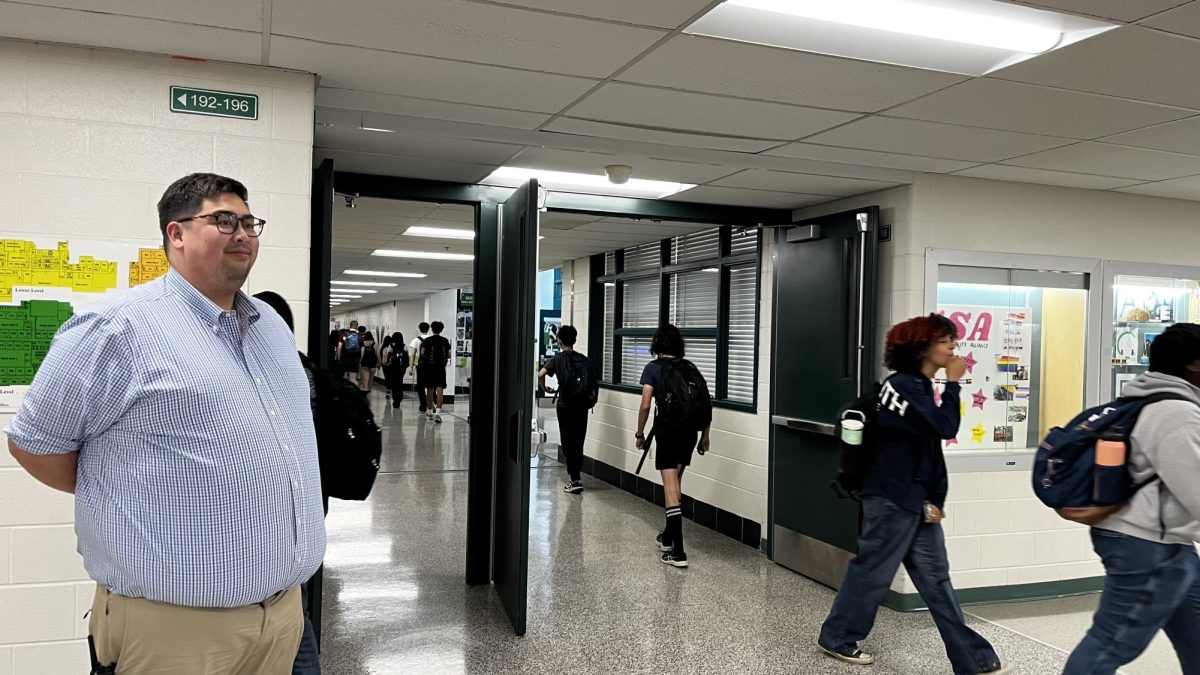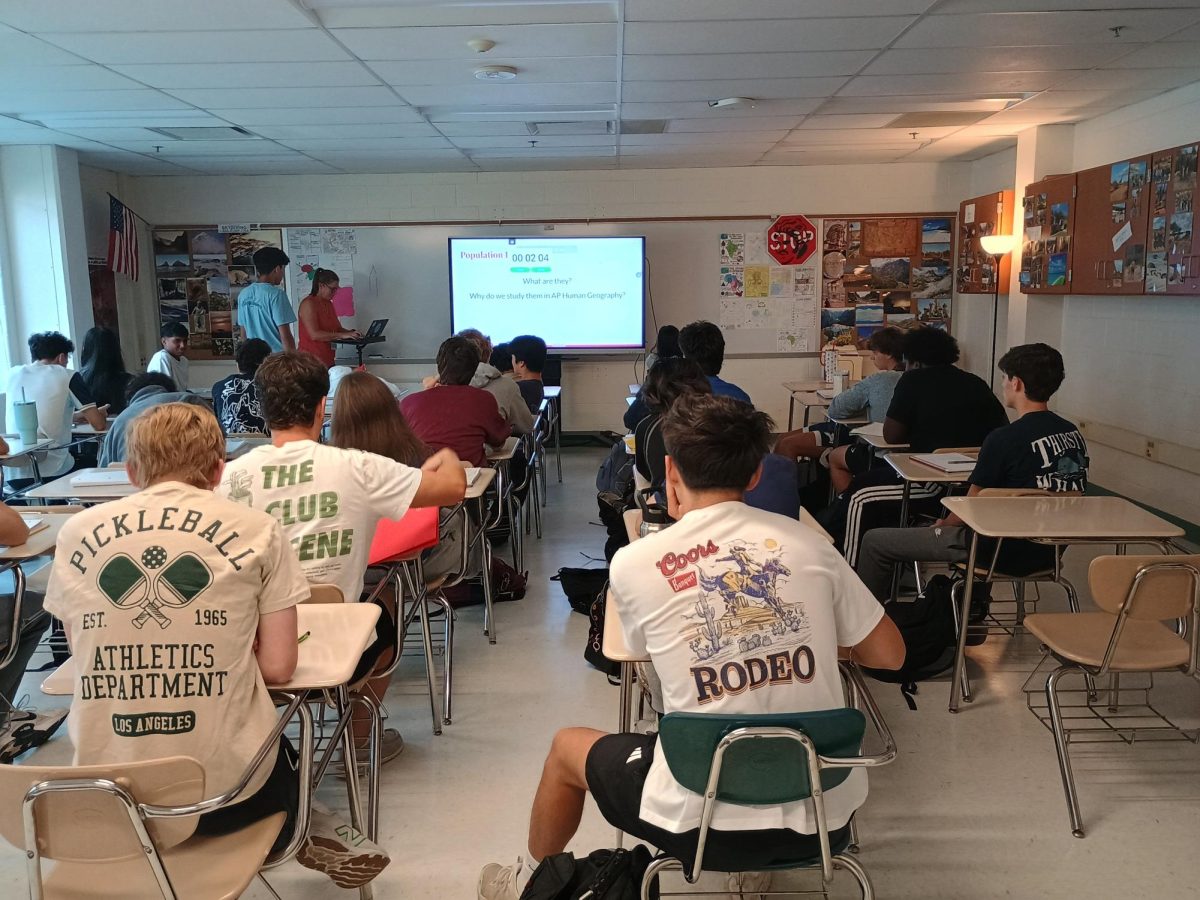While 2020 seems to go on forever, the Jewish calendar just welcomed in the new year, 5781. Last month, two major Jewish holidays occurred: Rosh Hashanah, the beginning of the new year, and Yom Kippur, the day of atonement. Customarily, these holidays are spent with family and nearby Jewish communities in days of prayer and celebration. Though, much like everything else this year, it was celebrated differently due to COVID-19.
A central aspect of celebrating Jewish holidays is joining as a community, with members young and old, loud and quiet, newcomers and regulars, to create a kehila.
When preparing for online services Rabbi Gil Steinlauf, of Kol Shalom in Rockville, Maryland, was aware of the challenges that being alone would create.
“The most challenging part was that the very essence of a religious communal experience was gone; namely, we are no longer able to be in one another’s physical presence. There is so much about a religious experience that draws its energy and meaning from being in the presence of others in the moment. We were deeply concerned that nothing we could do on line could possibly compare to the immediacy of shared experience,” Steinlauf said.
Steinlauf is not alone in this sentiment.
“I hope that by next year, I’ll be back at shul with my community and congregation because it honestly felt like I was missing part of my family this year. I really miss being able to go to shul, and I can’t wait for when I can go back!” sophomore Beka Dychtwald said.
For Dychtwald, online services and changing of her family traditions were not as enjoyable as they typically are, and proved to be a little more difficult.
“I did participate in online services. I go to Beth El, and it was really weird. The high holidays are super important to my mom and I, and we always go to shul, so this year was a challenge. The service for Yom Kippur was longer than usual, and it was awkward doing the prayers at home where it was really quiet. I fast every year, but this year was particularly challenging since I was at home surrounded by food all day. My family and I usually go to a friend’s house for break-fast, but this year we had to eat at home and it felt super anti climactic,” Dychtwald said.
For families that do not belong to a synagogue or did not have a virtual service to attend, the Jewish Broadcasting Service ran three types of services for viewers to follow along with.
“They had orthodox, reform and conservative services. It was hard to participate though, because they didn’t upload a siddur (prayer book) to follow along with, so I just kinda sat there,” Vice President of the Jewish Student Union junior Pearly Gal-Edd said.
Even after seven months in this pandemic, the Jewish human spirit has not wavered.
“I actually find it quite moving that every single week, so many people tune into our services and affirm the traditions and practices of our religious heritage. It gives me a great deal of hope that no matter what challenges come our way, somehow the human spirit always finds a way to rise to those challenges and to transcend them!” Steinlauf said.





















